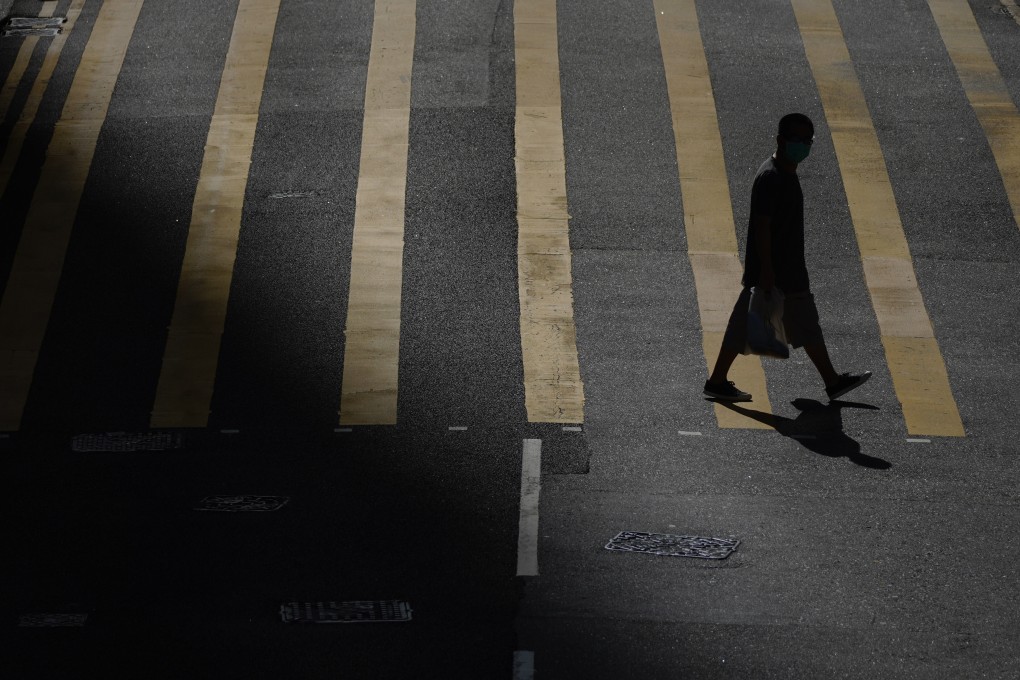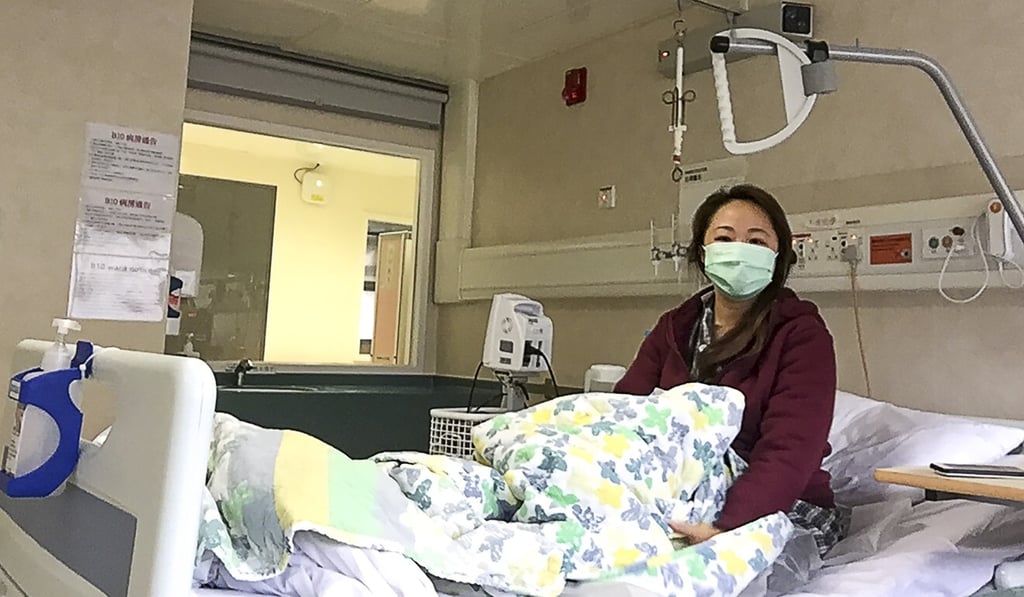Covid-19 misery lingers for recovered patients in Hong Kong who describe anxiety, stigma, fear of falling ill again
- Some struggle with mental health issues for months after getting well, leaving hospital
- Expert says survivors need support, professional help, if post-Covid-19 problems persist

Four months after recovering from Covid-19, Mable Wong still feels anxious and has difficulty falling asleep at night.
The freelance translator in her 30s is awake until 2am or 3am most nights, her mind churning with memories of staying in hospital for almost a month, and the fear that she might fall ill again.
She returned to Hong Kong in March from a cultural exchange trip to Europe and had to spend two weeks at home in self-quarantine. Single and living with her parents, she began feeling sick, with an upset stomach and diarrhoea.
She sought treatment, tested positive for Covid-19 and was hospitalised in late March.

She says her 27-day stint in hospital, sharing a 100 sq ft room with another patient, was like being in prison. All she could do was surf the internet, watch television, talk to her family via video calls, and do simple exercises.
Wong was discharged in late April, but still does not feel completely well, physically or mentally. “It has been four months, but I have not yet resumed my normal life,” she says.